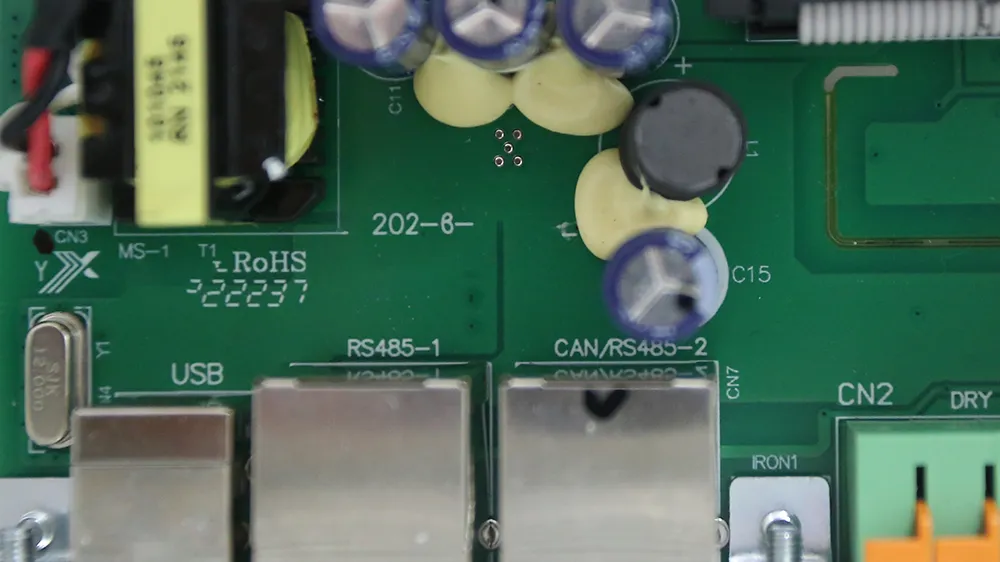Can Air Conditioners Run on Modified Sine Wave Inverters?
When it comes to powering appliances like air conditioners with an inverter, many people wonder whether a modified sine wave inverter is a suitable choice. Air conditioners are high-power devices that require stable and clean electricity to function efficiently and safely. In this article, we explore whether modified sine wave inverters can reliably run air conditioners, the potential risks involved, and what alternatives may be better suited for this purpose.
Understanding Modified Sine Wave Inverters
A modified sine wave inverter is a type of power inverter that converts DC (direct current) power from sources like batteries into AC (alternating current) power. Unlike pure sine wave inverters, which produce a smooth, consistent waveform similar to grid power, modified sine wave inverters generate a stepped approximation of a sine wave. While these inverters are generally more affordable and work well with many basic appliances, they may not be ideal for sensitive or high-power electronics.
How Air Conditioners Work with Power Sources
Air conditioners, especially compressor-based models, require a significant amount of power to start and run. They often incorporate motors, compressors, and electronic controls that are sensitive to the quality of the incoming AC power. A stable sine wave ensures that these components operate smoothly, reducing the risk of damage and inefficiency.
Challenges of Using Modified Sine Wave Inverters with Air Conditioners
There are several key issues to consider when attempting to run an air conditioner on a modified sine wave inverter:
- Reduced Efficiency: Modified sine wave power can cause motors and compressors in air conditioners to run less efficiently. This may lead to higher energy consumption and reduced cooling performance.
- Overheating and Component Stress: The irregular waveform can cause excessive heat buildup in the motor windings and electronic components, potentially shortening the lifespan of the air conditioner.
- Compatibility Issues: Many modern air conditioners feature advanced electronics, such as inverter-driven compressors or digital thermostats, which may not function correctly—or at all—with a modified sine wave power supply. This can result in error codes, failure to start, or erratic behavior.
- Noise and Interference: Appliances powered by modified sine wave inverters often produce audible humming or buzzing noises. Additionally, interference with other electronic devices may occur.
When Might a Modified Sine Wave Inverter Work?
In some cases, a very robust and oversized modified sine wave inverter might temporarily run a small, basic window air conditioner—though this is not recommended. If the air conditioner is an older model with a simple motor and no sensitive electronics, it might operate, albeit with reduced efficiency and increased risk of failure. However, for most residential and modern AC units, the risks outweigh any potential cost savings.
Recommended Alternative: Pure Sine Wave Inverters
For powering air conditioners, a pure sine wave inverter is the safer and more reliable choice. These inverters produce a clean, smooth waveform identical to standard grid power, ensuring compatibility with all types of air conditioners and minimizing the risk of damage or inefficiency. While pure sine wave inverters are typically more expensive, they offer peace of mind and better performance for high-demand appliances.
Key Considerations Before Using an Inverter with an Air Conditioner
Before connecting any inverter to an air conditioner, keep the following in mind:
- Power Requirements: Check the starting (surge) and running wattage of your air conditioner. Ensure the inverter can handle the peak load.
- Battery Capacity: The battery bank must supply sufficient power for the inverter, especially during compressor startup.
- Safety: Always follow manufacturer guidelines and use appropriately rated cables and connectors to prevent overheating or electrical hazards.
Conclusion
While it may be technically possible to run certain air conditioners using a modified sine wave inverter, it is generally not advisable due to risks of reduced efficiency, component damage, and operational issues. For reliable and safe operation, investing in a pure sine wave inverter is the best approach. Always prioritize compatibility and safety to extend the life of your appliances and ensure optimal performance.
Table of Contents
